 However, this is a book that once opened cannot be put down till the last satisfying page. Erika Swylers elegant style shines through in a way that will leave the reader longing for the release of her second novel. If it is anything like this one, Erika is destined for the best-seller lists.
However, this is a book that once opened cannot be put down till the last satisfying page. Erika Swylers elegant style shines through in a way that will leave the reader longing for the release of her second novel. If it is anything like this one, Erika is destined for the best-seller lists.
Tag: fiction
A review of Someone Must Die by Sharon Potts
 Someone Must Die is suspenseful and fast-paced. The mystery of what went wrong with the Lynd marriage intrigues us throughout the novel, and relates to the kidnapping. Plot twists are what keep us on the edges of our chairs, but the characters and the human story stick in our minds. Award-winning author Sharon Potts, who is prominent in the Mystery Writers of America organization, has created rounded characters whom we will remember after we close the book.
Someone Must Die is suspenseful and fast-paced. The mystery of what went wrong with the Lynd marriage intrigues us throughout the novel, and relates to the kidnapping. Plot twists are what keep us on the edges of our chairs, but the characters and the human story stick in our minds. Award-winning author Sharon Potts, who is prominent in the Mystery Writers of America organization, has created rounded characters whom we will remember after we close the book.
Interview with Paul Mitchell
 The author of We.Are.Family talks about his new novel, about his need to write, about some of the key themes in his book (among other things, ghosts, angels and UFOs), on writing difficult scenes, his characters, the unusual structure of the book, on moving between genres, the two best pieces of writing advice he’s ever received, some of his favourite books, on living the writing life, and lots more.
The author of We.Are.Family talks about his new novel, about his need to write, about some of the key themes in his book (among other things, ghosts, angels and UFOs), on writing difficult scenes, his characters, the unusual structure of the book, on moving between genres, the two best pieces of writing advice he’s ever received, some of his favourite books, on living the writing life, and lots more.
A review of The Dead Man by Nora Gold
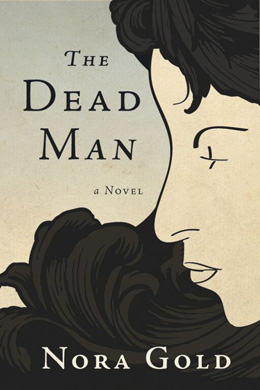 The novel will interest other writers because of its narrative features. Ms. Gold avoids murky stream-of-consciousness passages by presenting the story in the third person. Flashbacks are signalled by a shift from present tense to past. A writer-in-residence at the University of Toronto’s Ontario Institute for Studies in Education, and a prize-winning author, Ms. Gold knows her craft.
The novel will interest other writers because of its narrative features. Ms. Gold avoids murky stream-of-consciousness passages by presenting the story in the third person. Flashbacks are signalled by a shift from present tense to past. A writer-in-residence at the University of Toronto’s Ontario Institute for Studies in Education, and a prize-winning author, Ms. Gold knows her craft.
A review of Beulah’s House of Prayer by Cynthia A Graham
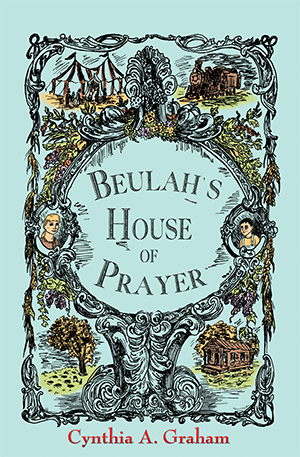 I would categorize this book as historical fiction first and foremost, though it is touted as magical realism. I had this in the back of my mind as I read, but other than Beulah’s mysterious arrival in town and her omnipresence for most of the rest of the book, the “magical realism” elements weren’t obvious—until the end. This is where Graham’s gift of storytelling shines through
I would categorize this book as historical fiction first and foremost, though it is touted as magical realism. I had this in the back of my mind as I read, but other than Beulah’s mysterious arrival in town and her omnipresence for most of the rest of the book, the “magical realism” elements weren’t obvious—until the end. This is where Graham’s gift of storytelling shines through
A review of My Name is Lucy Barton by Elizabeth Strout

A review of The A to Z of Normal by Helen Barbour
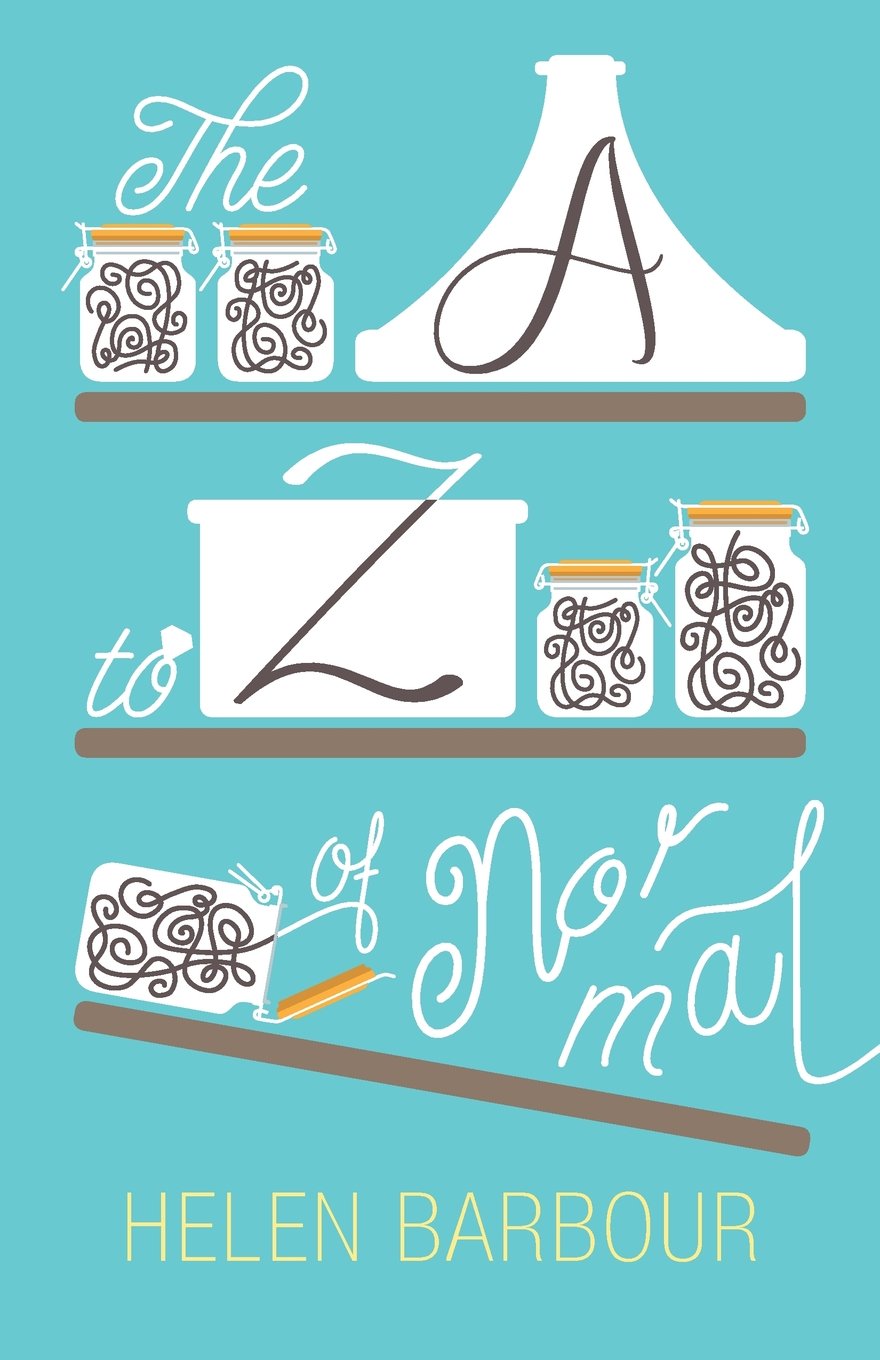 The A to Z of Normal, by British author Helen Barbour, is a “relationship novel,” but has more to say than a romance, or a “chick lit” book. Readers like to learn while being entertained, and in this novel, Ms. Barbour gently educates us about Obsessive-Compulsive Disorder and deserves praise for recognizing the dramatic potential in a subject seldom-explored in fiction.
The A to Z of Normal, by British author Helen Barbour, is a “relationship novel,” but has more to say than a romance, or a “chick lit” book. Readers like to learn while being entertained, and in this novel, Ms. Barbour gently educates us about Obsessive-Compulsive Disorder and deserves praise for recognizing the dramatic potential in a subject seldom-explored in fiction.
A review of Men by Marie Darrieussecq
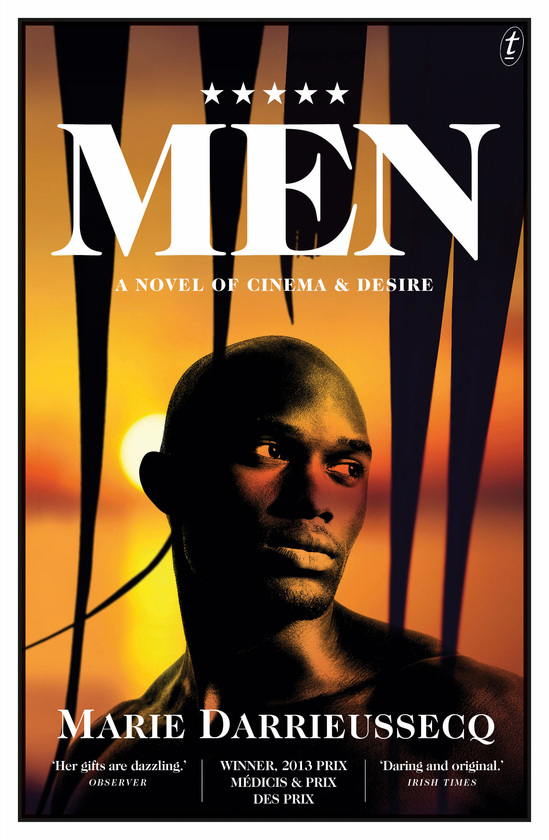 Solange’s journey is one that takes her into her own heart of darkness, where she finds her limitations, her humiliations and restrictions, and the cultural, political, gendered and racial stereotypes through which she has defined herself. Throughout the novel she begins to unravel these, unwinding herself slowly until she is temporarily removed altogether as subject.
Solange’s journey is one that takes her into her own heart of darkness, where she finds her limitations, her humiliations and restrictions, and the cultural, political, gendered and racial stereotypes through which she has defined herself. Throughout the novel she begins to unravel these, unwinding herself slowly until she is temporarily removed altogether as subject.
A review of The Diary of Norman K by Dimitrios Ikonomou
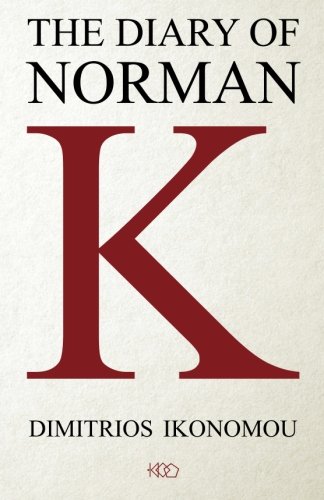 It takes strength of character to pursue, and create, human wretchedness in all its shapes for 360 pages. Like many unreliable narrators before him, Norman K ranges from obnoxious to villainous in his pretension, and The Diary of Norman K shows how uniquely we puts on airs, down to a style of speech best described by his “friend” Russell as “an Elizabethan aristocrat who had just woken up from a two-hundred-year coma.
It takes strength of character to pursue, and create, human wretchedness in all its shapes for 360 pages. Like many unreliable narrators before him, Norman K ranges from obnoxious to villainous in his pretension, and The Diary of Norman K shows how uniquely we puts on airs, down to a style of speech best described by his “friend” Russell as “an Elizabethan aristocrat who had just woken up from a two-hundred-year coma.
A review of The Bricks that Build the Houses by Kate Tempest
 Beneath the fun, fast, and well-plotted story, is a deep poetic exploration of yearning, creativity, and the constrictions of poverty. The characters live between pulses of transcendence that take place as they struggle to create meaning from their hand-to-mouth lives.
Beneath the fun, fast, and well-plotted story, is a deep poetic exploration of yearning, creativity, and the constrictions of poverty. The characters live between pulses of transcendence that take place as they struggle to create meaning from their hand-to-mouth lives.